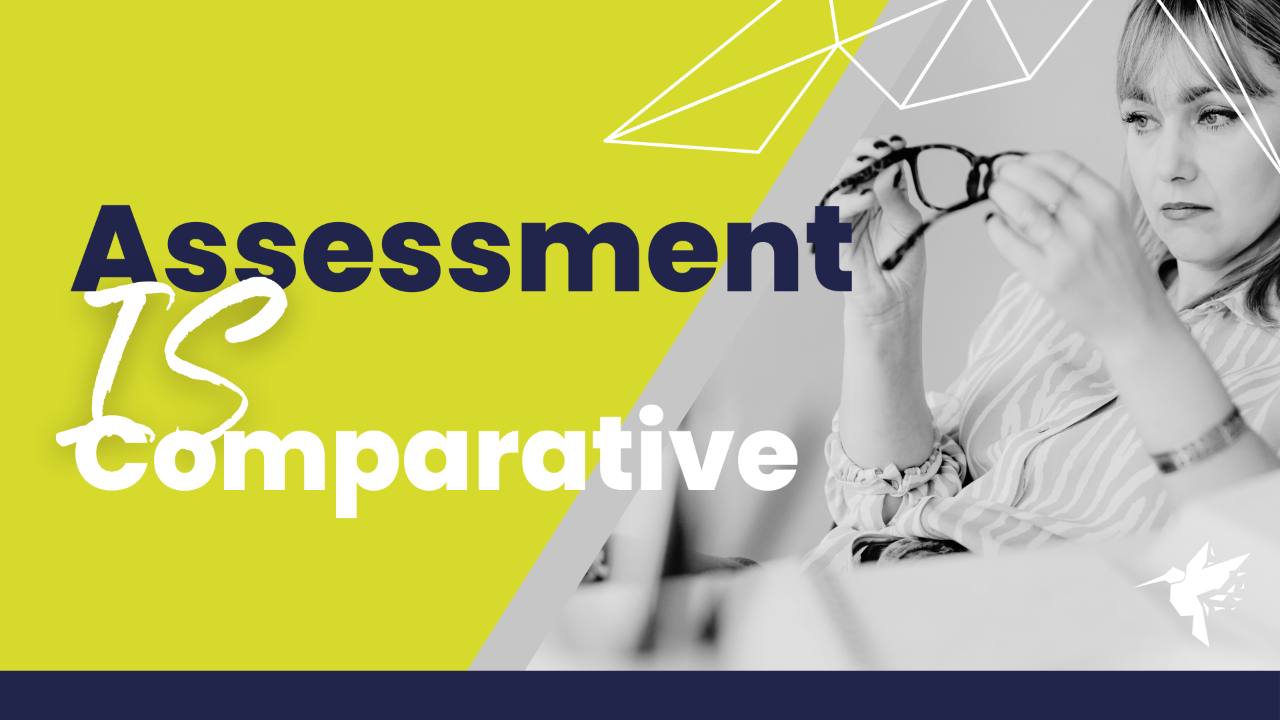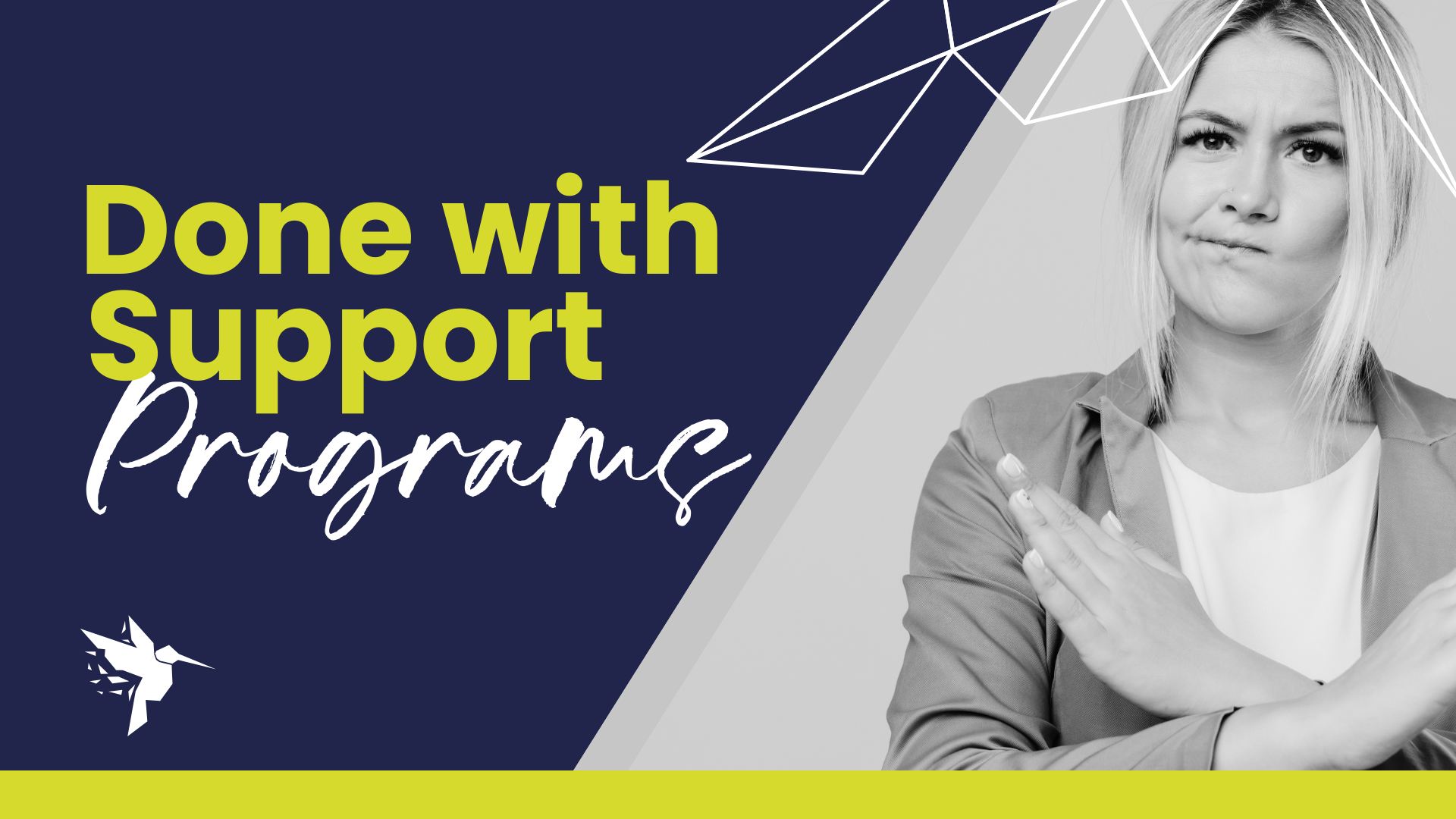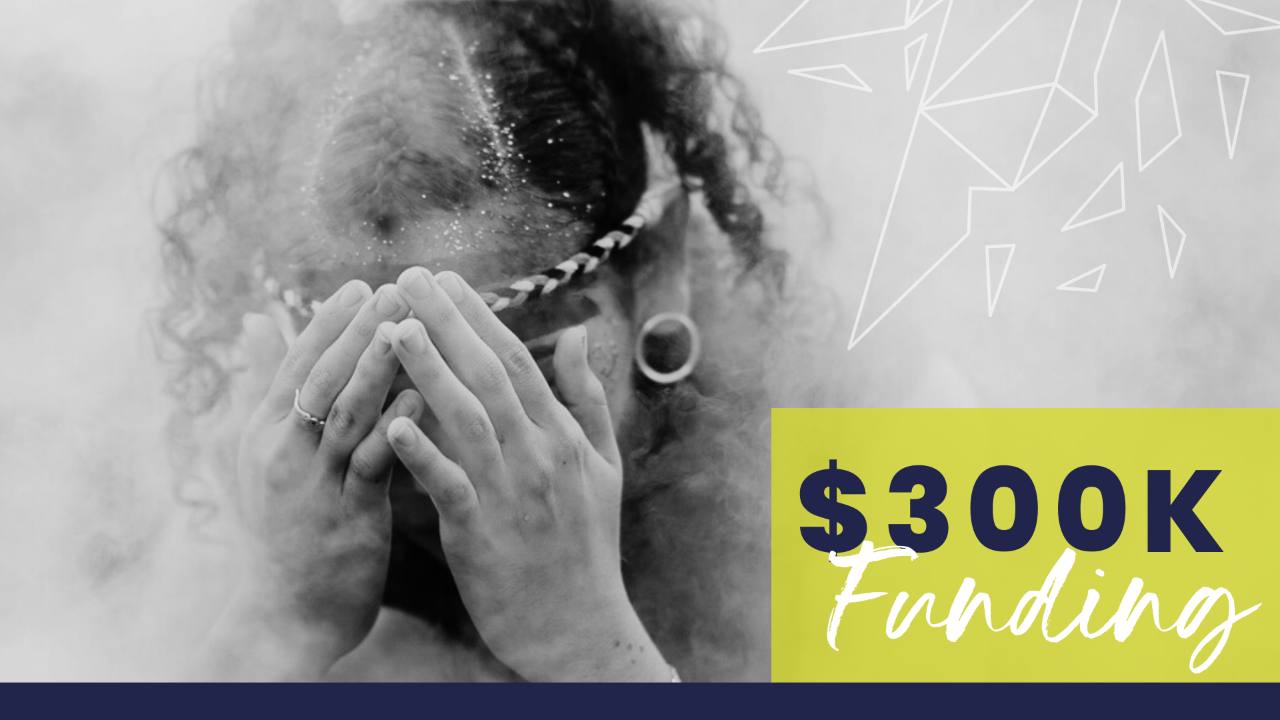Healing, Sovereignty, and Psychedelics: A Conversation We Need to Have
By Lisa Erhart.
At SXSW, in March, I attended a session on psychedelics and addiction. I didn’t take notes — not because it wasn’t worth recording, but because it asked something different of me: to be present, listen, and witness.
Two women stood out - Marlena Robbins, a Native American public health researcher from UC Berkeley, and Danielle Nova, a global leader in micro dosing and psychedelic recovery. Neither raised their voice. Neither sold a brand. But both carried deep authority, shaped by lived experience, cultural integrity, and grounded conviction.
Here’s what I took away from being present in the room — and why it matters for founders, funders, and those shaping systems of care.
Psychedelics as a Public Health Issue
Addiction is a global crisis. Traditional models of treatment — including abstinence-only recovery — often fail to account for trauma, cultural disconnection, and systemic barriers to healing.
Marlena Robbins’ research at UC Berkeley focuses on integrating psychedelic-assisted therapies into Indigenous mental health care. Her work isn’t just about medical access; it’s about sovereignty, protection of sacred traditions, and resisting cultural appropriation in the emerging psychedelics industry.
Her message was clear: healing frameworks must be culturally informed, ethically grounded, and community-led.
Recovery Isn't Linear or One-Size-Fits-All
Danielle Nova spoke from lived experience. As founder of the San Francisco Psychedelic Society and Flow State’s Microdosing Facilitator Training, she’s helped over 25,000 people engage with psychedelics for recovery and integration.
Her work spans training programs, community support, clinical partnerships, and international retreats, all of which are held in collaboration with Indigenous leaders and grounded in harm reduction.
What stood out most?
The humility. The reminder that recovery is not a straight path. That micro dosing, entheogens, and integration support offer powerful tools — not silver bullets — in the work of transformation.
Regulation, Respect, and Responsibility
Both speakers raised critical points around the risk of commercialisation and regulatory overreach, especially as psychedelics become more mainstream. Marlena’s work includes advocating for safeguards through the Natural Medicine Health Act, ensuring Indigenous communities retain the right to protect sacred plants and rituals.
As someone who works at the intersection of innovation and impact, this resonated deeply. Too often, we chase scale without stopping to ask: Whose knowledge is this? Who benefits? And who might be left behind — or erased entirely?
A Bigger Definition of Healing
This session reminded me that healing isn’t just about “treatment.” It’s about restoration of agency, of culture, of connection. It’s about welcoming in multiple ways of knowing and reclaiming approaches that predate the clinical model entirely.
It’s also about building communities that hold space for grief, transformation, and return.
Final Thought: Listen First. Build Later.
There's a growing movement to apply psychedelics in mental health, entrepreneurship, trauma recovery and even leadership coaching. But ... before we innovate or seek to scale, we must listen to those whose lives and lineages have been intertwined with these medicines long before they became "marketable".
This session wasn’t about hype or headlines. It was about humility.
And for me, it was a moment of quiet expansion; the kind you don’t return from unchanged.
Because here’s the truth: entrepreneurship is not separate from healing. Many of us are building businesses not just to solve problems, but to reclaim power, rewrite our stories, and create a different kind of world. But that path can surface deep, generational wounds — especially for women, First Nations people, immigrants, queer and neurodivergent founders, and those who’ve spent a lifetime navigating systems that were never built with us in mind.
Leadership often demands that we hold space for others while still healing ourselves.
And yet, our culture rewards output and performance over rest and integration.
That’s why this conversation about psychedelics, addiction, and alternative healing modalities felt so necessary. It invited a more expansive understanding of resilience — one that includes ancestral wisdom, altered states, and community care. It reminded me that as founders, we don’t have to choose between being strategic and being whole.
We can build systems that serve, but first, we must honour the ones that have held us. We can lead powerfully, but only if we learn to come home to ourselves.
Comming soon: GrantReady - the Community.
The path to capital isn’t just technical; it’s emotional, relational, and often isolating, especially for those of us rewriting systems rather than working within them.
This won’t be another Facebook group or a hype factory. It will be a space for honest conversations, grounded support, and shared growth. It will be a space to be seen, not just as a founder but as a whole human navigating the messy, meaningful work of building something that matters. It’s not ready yet, but it’s coming, and I’d love you to be part of it.
Stay tuned. Foundation members will get early access.
Lisa Erhart, founder of Funding4Growth, partners with female and diverse entrepreneurs to secure sustainable funding pathways. Discover how.




Responses